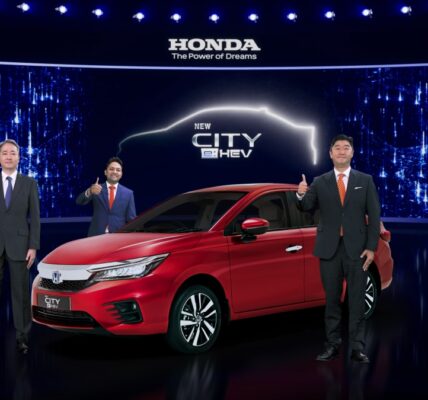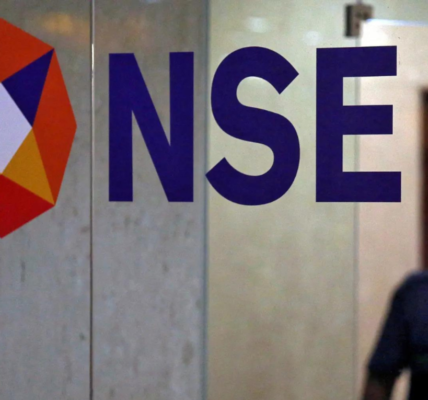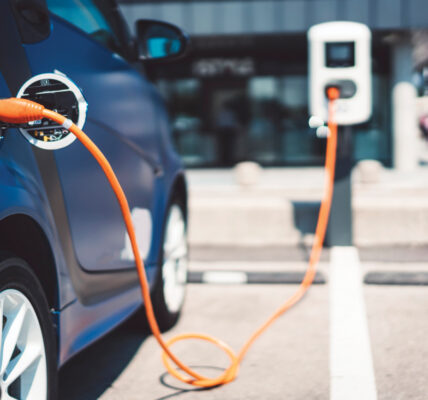China has pledged to improve oversight of the country’s electric vehicle (EV) market to curb undercutting and boost the industry’s overall fortunes, where only three EV makers are currently profitable.
Zheng Bei, deputy head of the National Development and Reform Commission (NDRC), mainland China’s economic planning agency, told the China EV 100 forum in Beijing at the weekend that companies resorting to unfair competition would be taken to task if their price cuts were considered unreasonable.
The unfair practices also include the publication of false information to mislead consumers and smear campaigns.
“We will collaborate with the relevant authorities to implement the policies,” Zhang said. “To maintain market order, price monitoring will be strengthened and carmakers are urged to conduct self-discipline [in adjusting prices].”
His remarks came after Cui Dongshu, general secretary of the China Passenger Car Association (CPCA), told the forum that the association had raised the forecast for EV sales on the mainland by 3.5 per cent to 16.1 million units this year. EV sales in China, the world’s largest automotive market, account for more than 60 per cent of the total deliveries.
The three-day forum, hosted by China EV100, a non-governmental organisation whose members include nearly all top executives of major Chinese EV manufacturers, concluded on Sunday.
The mainland’s EV market is crowded with around 50 players, from BYD, the world’s largest EV maker, to start-up Leapmotor, backed by Fiat owner Stellantis.
Most have been operating at a loss due to the brutal discount war. Only three domestic firms – BYD, Li Auto and Huawei Technologies-backed Aito – are profitable, according to industry data.
“The EV sector is now in a cycle where stable growth is expected,” CPCA’s Cui said. “A low inventory will have a positive impact on the industry.”
According to the CPCA, a record 227 electric and petrol car models had their prices cut last year, compared with 148 models in 2023. In 2022, only 95 cars were sold at a discount.
In December, the average selling price of a pure electric car, or battery EV, fell by 24,000 yuan (US$3,352) to 225,000 yuan, according to the association’s report in January. The steep discount was unheard of on the mainland, Cui said.
Also in January, the NDRC renewed a trade-in subsidy to boost EV sales, keeping the size of the incentive unchanged to support carmakers.
Buyers replacing their EVs are eligible for a 20,000 yuan cash discount, while the discount for small conventional cars is 15,000 yuan.
Wang Qing, deputy director of the market economy institute under the State Council’s Development Research Centre, told the forum that the subsidy could boost car sales by 500,000 to 1 million units this year.
He predicted EV deliveries could hit 17 million units in 2025, 5.6 per cent higher than the CPCA’s forecast.
However, the EV sector has to cope with excess capacity after the US and EU slapped punitive tariffs to keep Chinese-made cars away from their markets.
The mainland’s EV makers were capable of producing around 20.2 million units a year, according to Goldman Sachs. Last year, only half of that capacity was used.






